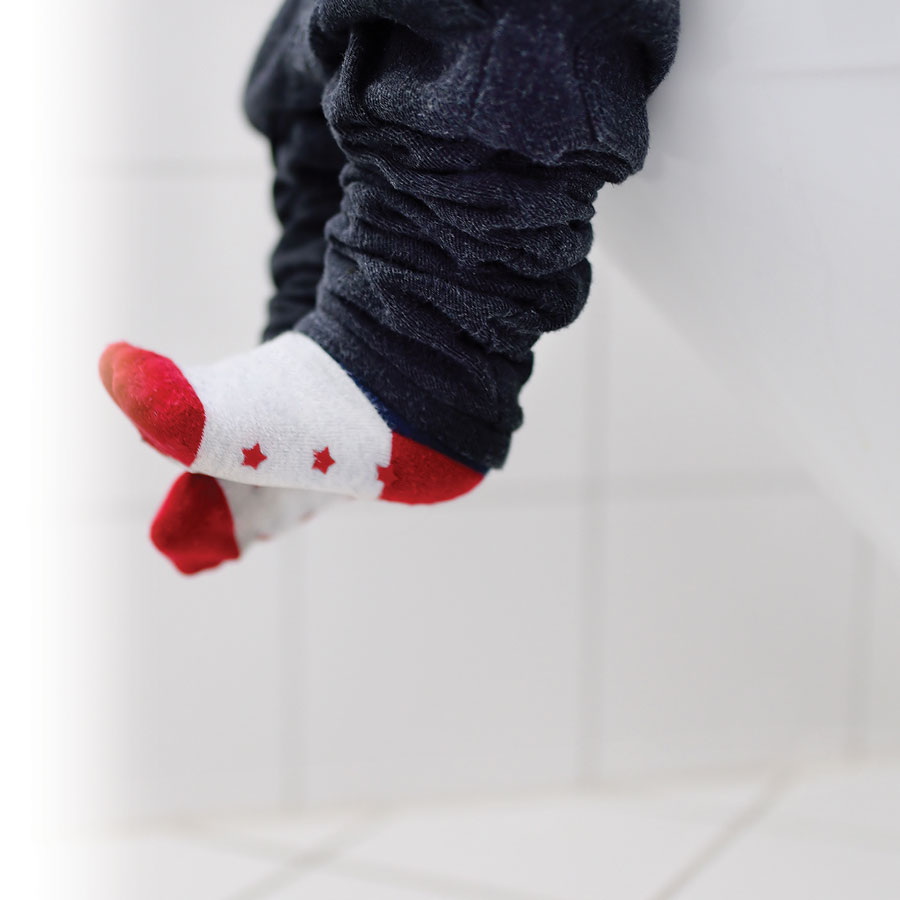Does your child have diarrhea? If so, you probably have a lot of questions. Here are some of the answers and some sound advice!
DIARRHEA: A COMMON PROBLEM IN CHILDREN
Diarrhea is one of the common health problems that many parents must face. No need to worry right? Well, did you know that diarrhea is generally more serious in babies and children than it is in adults?
The term “diarrhea” refers to the frequent evacuation of liquid stools. Diarrhea is not a disease in itself, but rather the symptom of a disease or problem.
Although diarrhea is common and often has no lasting consequences, it is important for parents to know when to consult a physician.
Furthermore, with some basic information and knowledge of preventive measures, you can prevent diarrhea from causing more serious problems. The use of the term “child” is used in this document to refer to both babies and older children.
CAUSES OF DIARRHEA
Some of the most common causes of diarrhea in children are listed below.
Acute diarrhea
- Gastroenteritis, travellers' diarrhea, and other types of infections
- Food poisoning
- Side effect of an antibiotic
Chronic diarrhea
- Intolerance or allergy to certain types of food (lactose, cow’s milk protein, etc.)
- Disease (e.g. an intestinal disease)
- Side effect of a drug (e.g. chemotherapy, laxative, etc.)
WHEN TO CONSULT A PHYSICIAN
When one of the following factors is present, you must consult a physician without delay:
- Severe diarrhea, or diarrhea lasting 2 to 3 days or more
- Fever lasting 24 hours or more, fever higher than 39°C (102°F) or fever in a child younger than 3 months
- Blood, mucus or pus in the stool
- Considerable abdominal pain
- Total refusal to eat or drink for several hours
- Signs of dehydration
TREATMENT OF DIARRHEA
The key to treating diarrhea in children is, above all else, eliminating the cause whenever possible.
If your child is suffering from diarrhea, you may have to modify his or her diet. For example, certain types of food may have to be avoided for a certain time, and then gradually re-introduced. For more information about your child’s diet when he or she has diarrhea, consult a healthcare professional such as your physician or pharmacist.
There are drugs available to reduce diarrhea, they are called antidiarrheals. Although some are available without a prescription, you must always receive authorization and instructions from your pharmacist or physician before giving it to a child.
Preventing dehydration is central to the management of diarrhea in children.
DEHYDRATION
When sick children vomit or have diarrhea, they can lose a considerable amount of water and minerals, and can become dehydrated very quickly. Dehydration in young children is a serious medical condition that requires immediate care and sometimes hospitalization.
Signs of dehydration
In order to detect dehydration in your child, look for the following signs:
- Intense thirst;
- Decrease in urine output;
- Dry skin or mouth;
- Absence of tears;
- Loss of skin elasticity;
- Sunken and hollowed eyes;
- Sunken fontanel (the soft spot on the top of your baby's head).
If you suspect that your child is becoming dehydrated, consult a physician without delay.
REHYDRATION SOLUTIONS
To prevent dehydration, it is recommended to use rehydration solutions available without a prescription. They contain the exact quantities of sugar and electrolytes (sodium, potassium) needed to maintain adequate hydration in cases of diarrhea. They are available in three different formats: liquids, freezer pops or instant-mix powder for reconstitution.
It is recommended that you keep your medicine cabinet stocked with such products in case of an unexpected episode of diarrhea. When away from home, the instant-mix powder format offers a convenient and easy to carry alternative.
Rehydration solutions found in the pharmacy are better than any other fluid that you could give your child to prevent dehydration. Avoid juices, carbonated beverages and sports drinks as their high sugar content can actually make your child's diarrhea worse. If you are breastfeeding or bottle-feeding your child, continue to do so even if he or she has diarrhea. Between feedings, you can give your child a rehydration solution.
Note that no rehydration solution given by a parent can replace medical care when it is necessary. This document does not contain all the information that a parent needs to know about the management of diarrhea.
For more information about diarrhea or dehydration, consult your pharmacist.

